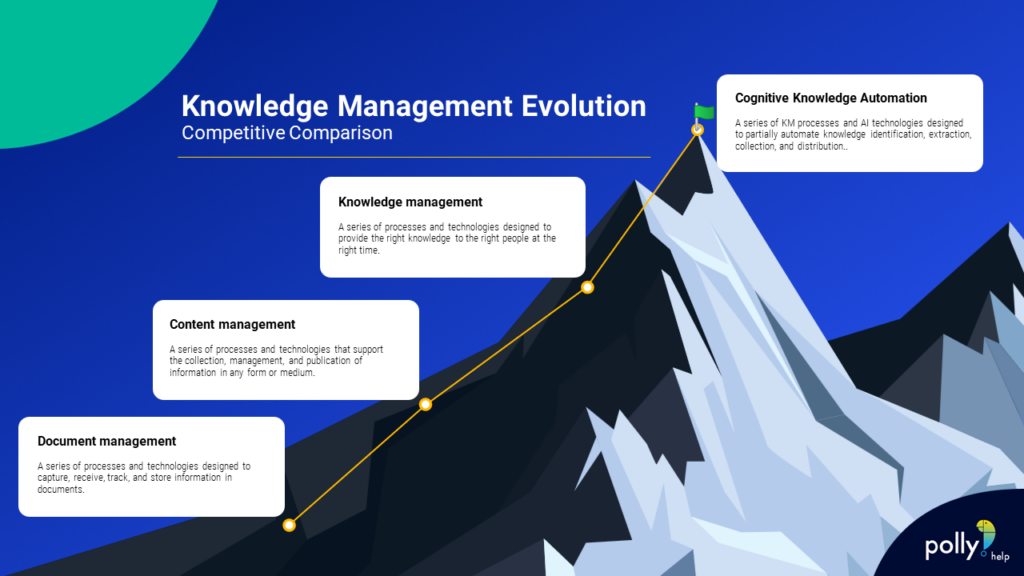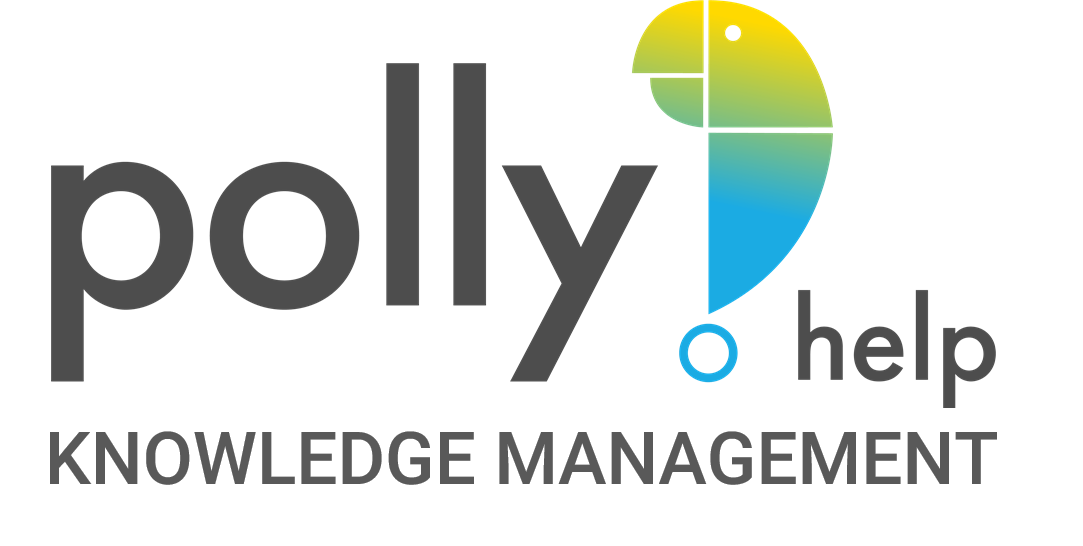In the fast-paced world of modern business, managing information effectively is crucial for staying competitive. However, the terms “document management,” “content management,” and “knowledge management” are often used interchangeably, leading to confusion. In this article, we’ll dive into the distinctions between these three concepts and shed light on their unique roles within a business environment.
Document Management: Streamlining Information Storage and Retrieval
Document management primarily revolves around the organization, storage, and retrieval of digital and physical documents. This includes files, records, contracts, and other textual and multimedia content. Document management systems (DMS) are designed to ensure efficient access, version control, and security of documents throughout their lifecycle.
Content Management: Nurturing Digital Content
Content management, on the other hand, deals with the creation, editing, publishing, and distribution of digital content. This encompasses web pages, articles, images, videos, and more. A content management system (CMS) empowers organizations to collaborate on content creation, maintain consistent branding, and manage the publishing process seamlessly.
Knowledge Management: Harnessing Intellectual Capital
Knowledge management takes a broader approach by focusing not only on documents and content, but also on the insights, experiences, and expertise residing within an organization. It involves capturing, organizing, and sharing tacit and explicit knowledge to enhance decision-making, foster innovation, and drive organizational learning.
While document and content management systems contribute to efficient information handling, knowledge management systems go beyond, facilitating the exchange of knowledge between employees, departments, and even across geographical boundaries. This synergy of collective intelligence ensures that an organization doesn’t just manage data, but also leverages it for growth.
Implementing a Comprehensive Knowledge Management Strategy
As a leading provider of knowledge management solutions and professional services, we understand the intricate balance between these concepts. Our expertise lies in assisting large global enterprises in implementing holistic knowledge management strategies that encompass document and content management while emphasizing the value of shared insights and expertise.
In future articles, we’ll delve deeper into the strategies and technologies that can help organizations unlock the potential of their knowledge, enhance collaboration, and create a culture of continuous learning. Stay tuned for insights on selecting the right tools, encouraging knowledge sharing, and measuring the impact of effective knowledge management on business success.

Ready to Transform Your Knowledge Management? Take the First Step!
If you’re ready to explore how our comprehensive knowledge management solutions can revolutionize your organization’s approach to information, don’t hesitate to contact us today. Let’s embark on the journey of optimizing your knowledge assets and driving innovation and growth.





